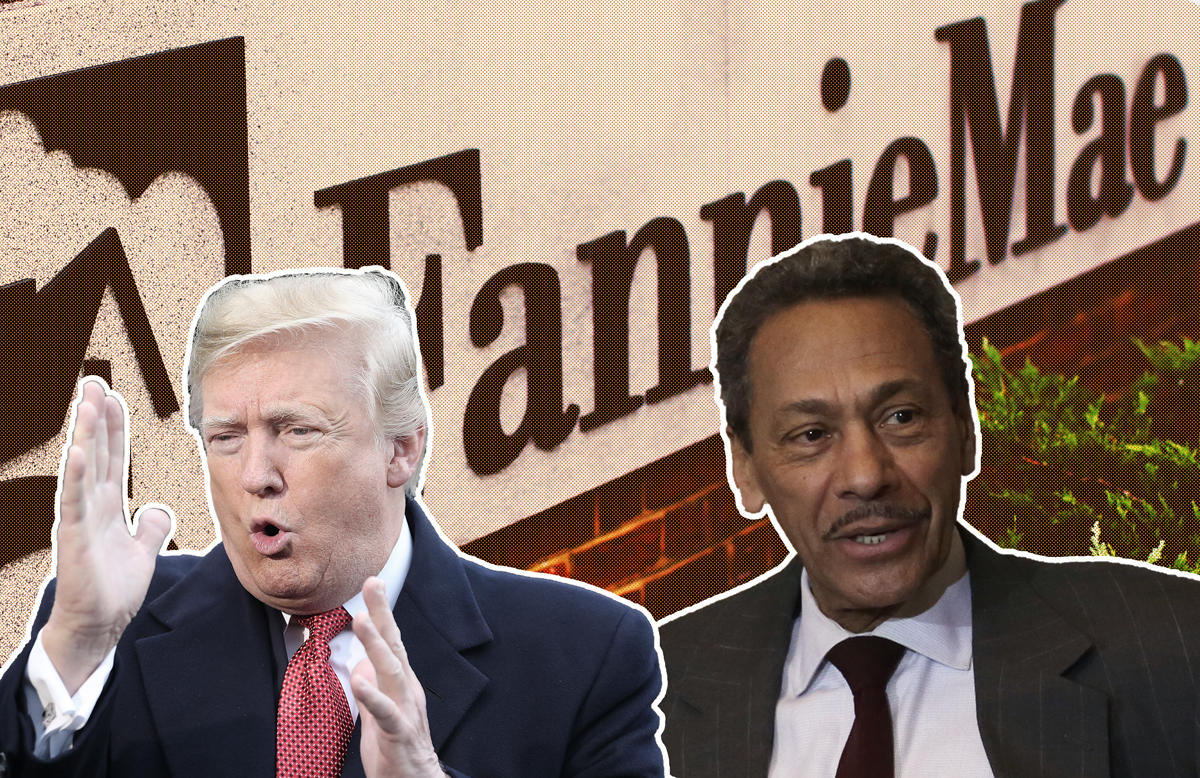With control in Congress split following last week’s midterm elections, the Trump administration is likely to take its own steps to overhaul Fannie Mae and Freddie Mac.
The White House is expected to consider steps to reduce the government’s role in backstopping the mortgage industry as Trump nominates a successor in the coming weeks to the head of the Federal Housing Finance Agency, the Wall Street Journal reported.
The administration is limited as to what it can do with Fannie Mae and Freddie Mac without Congress passing legislation, but the FHFA can do things like raise fees on lenders and adjust the size of loans companies can buy, according to the Journal.
A conservative successor to current FHFA Director Mel Watt – an Obama-era appointee whose five-year term ends in January – could shrink the government’s role in housing and potentially make it more expensive for borrowers who take advantage of Fannie- or Freddie-backed loans.
Additionally, a new appointee could lower the maximum size of a loan that Fannie or Freddie could purchase, which could impact deals in pricey states including California and New York, the report said. For instance, in New York, Fannie Mae backed a whopping $2.7 billion acquisition loan that Wells Fargo provided to Blackstone Group and Ivanhoe Cambridge for the purchase of Stuyvesant Town-Peter Cooper Village in 2015.
The industry is pushing the Trump administration for a moderate FHFA director who will take modest, incremental steps to reduce Fannie and Freddie’s footsteps in the housing market.
“The question is more about pace than where we end up,” said Robert Broeksmit, chief executive of the Mortgage Bankers Association.
Both sides of the aisle in Congress have said hammering out a deal would be a priority, though it’s unlikely that lawmakers can overcome philosophical differences. [WSJ] – Rich Bockmann
